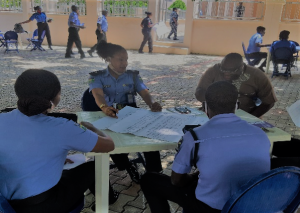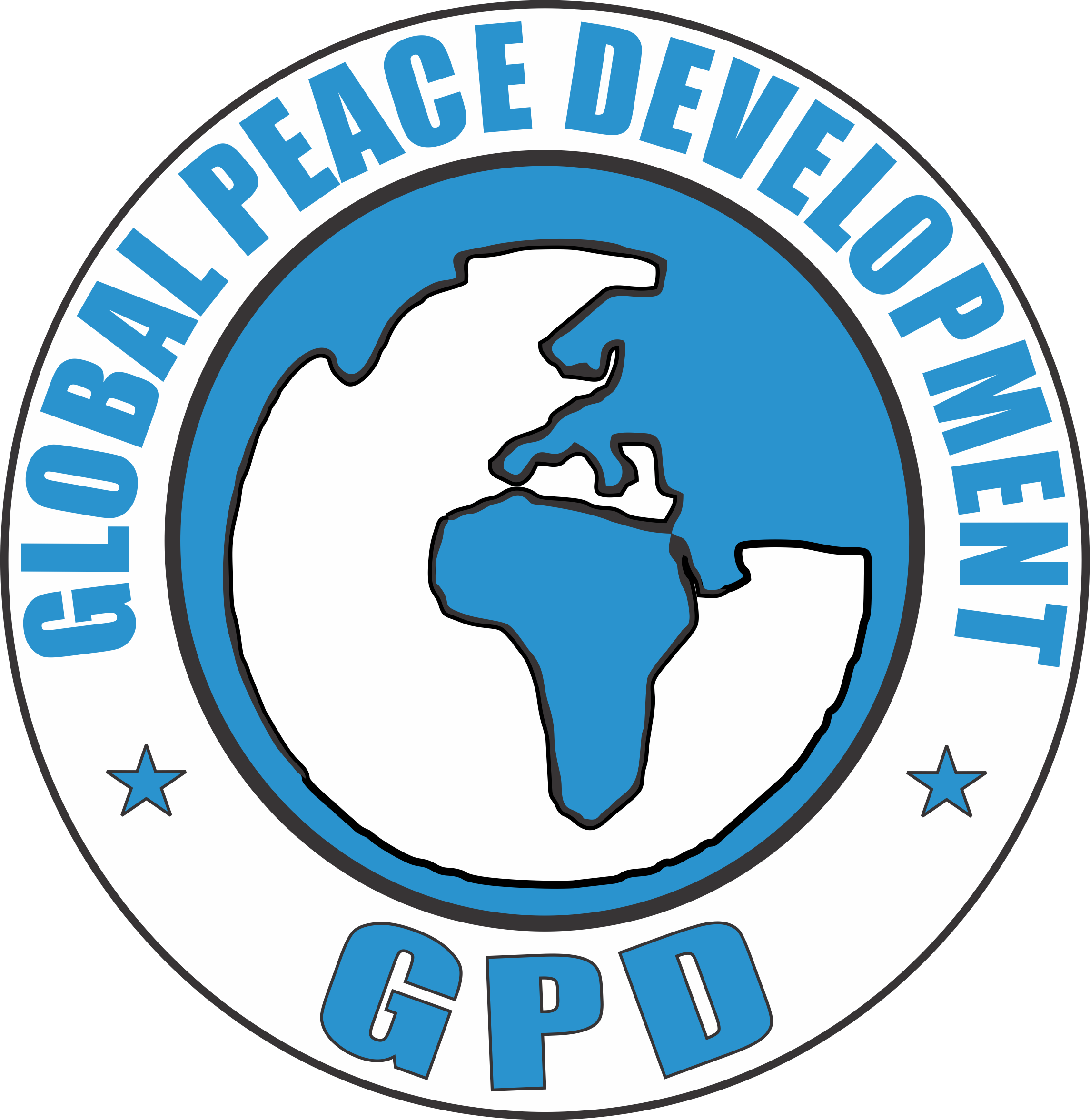COMMUNITY POLICING TRAINING
The COVID-19 pandemic is one of the most unique challenges ever encountered by law enforcement. The implications of our pandemic response will be profound for governance and policing. While the future remains uncertain, the law enforcement community should anticipate this pandemic will cause a significant shift in crime trends and policing in the country. Although law enforcement and government leaders are under extraordinary pressure, this pandemic provides extraordinary opportunity to reshape law enforcement operations and the relationship with the community. Community policing is a collaboration between the police and the community that identifies and solves community problems. With the police no longer the sole guardians of law and order, all members of the community become active allies in the effort to enhance the safety and quality of neighborhoods. Community policing has far-reaching implications. The expanded outlook on crime control and prevention, the new emphasis on making community members active participants in the process of problem solving, and the patrol officers’ pivotal role in community policing require profound changes within the police organization. The neighborhood patrol officer, backed by the police organization, helps community members mobilize support and resources to solve problems and enhance their quality of life. Community members voice their concerns, contribute advice, and take action to address these concerns. Creating a constructive partnership will require the energy, creativity, understanding, and patience of all involved.

Community policing is democracy in action. It requires the active participation of local government, civic and business leaders, community groups and associations, residents, religious institutions, schools, and markets. All who share a concern for the welfare of the neighborhood should bear responsibility for safeguarding that welfare. Community policing is being advocated by leaders at the highest levels of government— particularly the Inspector general of Police, who describes it as the “changing of policing.” In addition, it has been suggested that community policing can play a primary role in changing the way all government services are provided at the community level. The implementation of community policing necessitates fundamental changes in the structure and management of police organizations. Community policing differs from traditional policing in how the community is perceived and in its expanded policing goals. While crime control and prevention remain central priorities, community policing strategies use a wide variety of methods to address these goals. The police and the community become partners in addressing problems of disorder and neglect most in the north-eastern region. Communities must take a unified stand against disorder, extremism, conflict and must make a commitment to violence and intervention activities. Security agencies and communities must help build stronger, more self-sufficient communities in which violence and disorder will not thrive. The community Policing is the one of the strategic vision of the Inspector General of Police (IGP) and the North Central Security Strategy of strengthening community policing at the grassroot level towards the prevention of violent extremism, crime, and enhanced public safety in Nasarawa State.
Objectives
- To promote social cohesion and inclusion in Nasarawa state.
- To enhance early warning and early response.
- To identify and provide focus on potential solutions to community issues related to public safety and peace.
- To support innovation to strengthen security at the local government.
- To agree and take actions on resolution that would foster peace and stability in the local government.
- Establish and maintain a partnership between the community and the police.
- Promote communication between the community and the police.
- Promote joint problem identification and problem solving by the police and the community in relation to crime, service delivery, disorder and poor community policing relations.
-form-blocks

